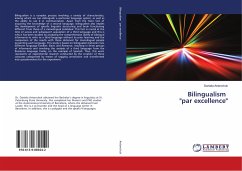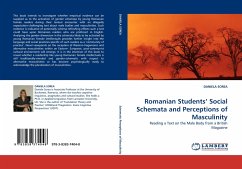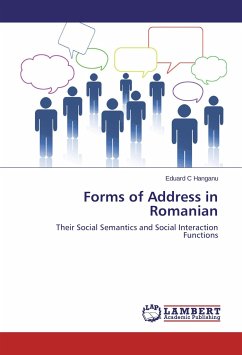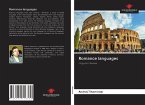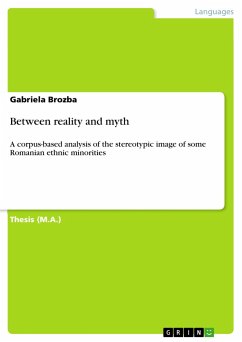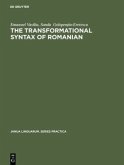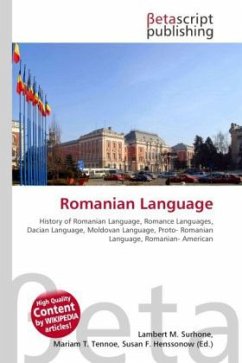Bilingualism is a complex process involving a variety of characteristics, among which we can distinguish a particular language system, as well as the ability to use it in communication. Apart from the mere fact of acquiring the knowledge of a second language, bilingualism also implies the development of specific linguistic structuring and brain functioning different from those of a monolingual individual. This fact is crucial at the time of access and subsequent acquisition of a third language and this is why it has been studied by analyzing the comprehension ability of bilingual informants to refer to a third language without its prior learning and the comparison of the results with those obtained for monolingual people presenting each language. This study is based on bilingualism between two different language families: Slavic and Romance, resulting in three groups of informants and involving the analysis of a third language from the Romance language family, on the example of Spanish. Thus, this work represents an experimental research conducted by the creation of three corpuses categorised by means of tagging annotation and transformed into questionnaires for the experiment.
Bitte wählen Sie Ihr Anliegen aus.
Rechnungen
Retourenschein anfordern
Bestellstatus
Storno

